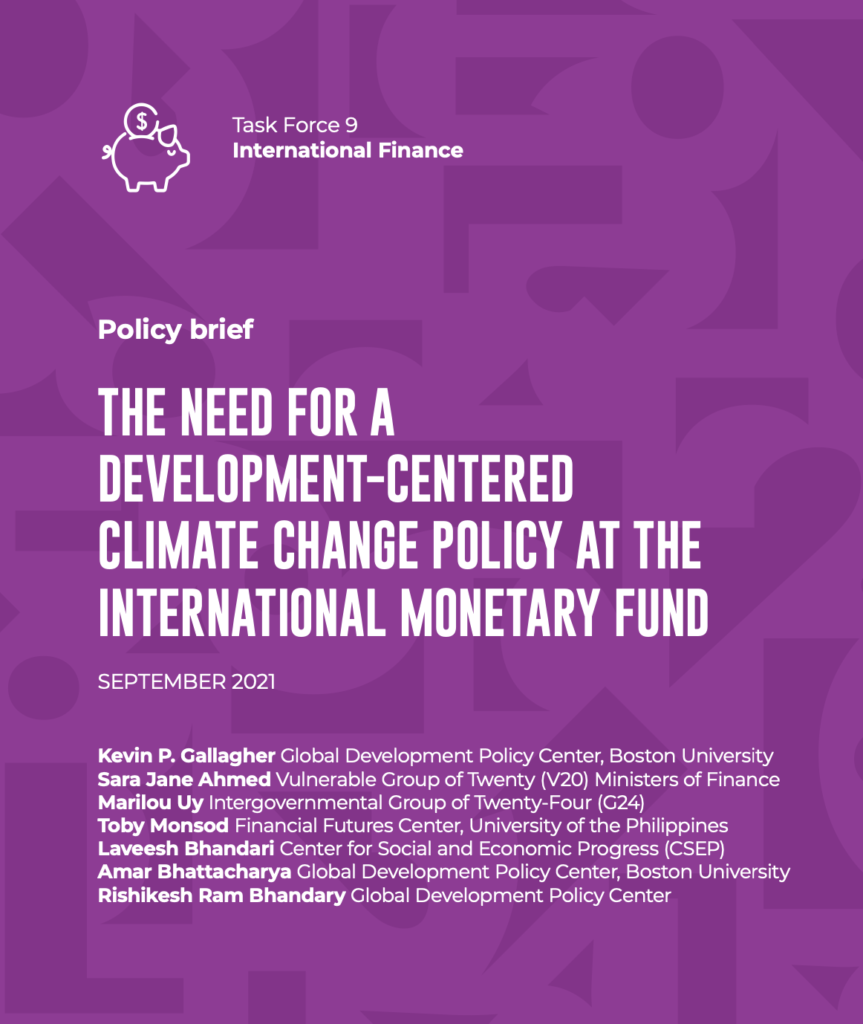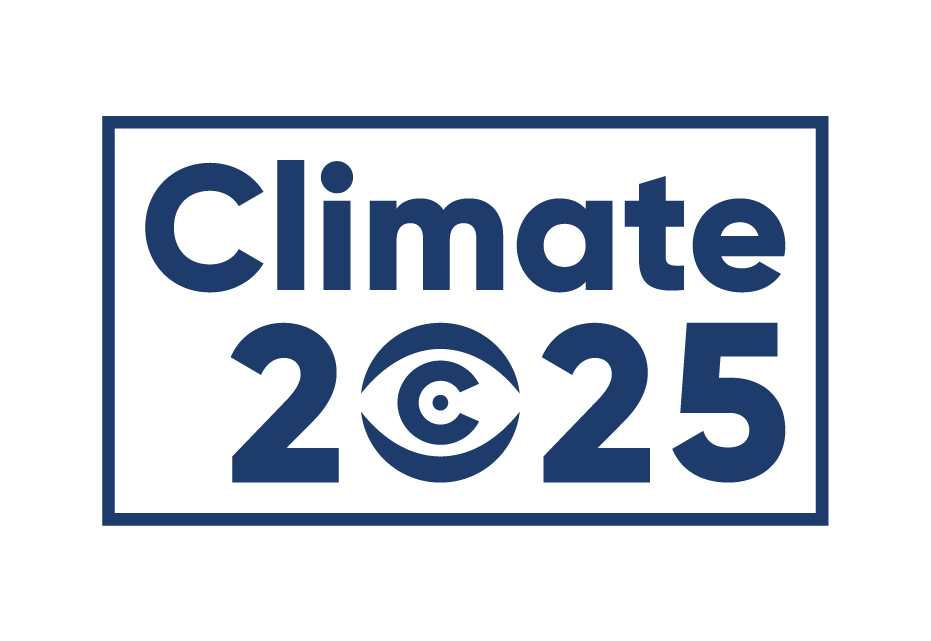Climate change and climate change policy pose significant risks to financial and fiscal sta- bility. They also pose risks and offer opportunities for growth and development prospects. As the only multilateral, rules-based institution charged with maintaining the stability of the international financial and monetary system, the International Monetary Fund (IMF) should put in place an overarching climate strategy that is then mainstreamed across the IMF’s toolkit. The three pillars of such a strategy should be: identifying the global and national-lev- el macroeconomic implications of climate risks; and advance the necessary financing and policy frameworks for climate action through IMF multilateral and bilateral surveillance ac- tivity; aligning IMF lending for climate resilience and just transitions; and ramping up global climate ambition through global leadership on coordinated policies and finance. To do this, significant reform is needed within the IMF – involving surveillance and advisory functions as well as the IMF’s lending toolkit. The Covid-19 economic crisis provides an opportunity and an impetus for this reform. Whereas numerous other international institutions focus on climate risks, what is missing is a global actor focused on the macro-economic implications of climate risk and climate policy. The IMF has a central role to play in ensuring that a rapid just transition occurs in a manner that generates sustainable global growth in a manner that is fiscally sound and financially stable.



